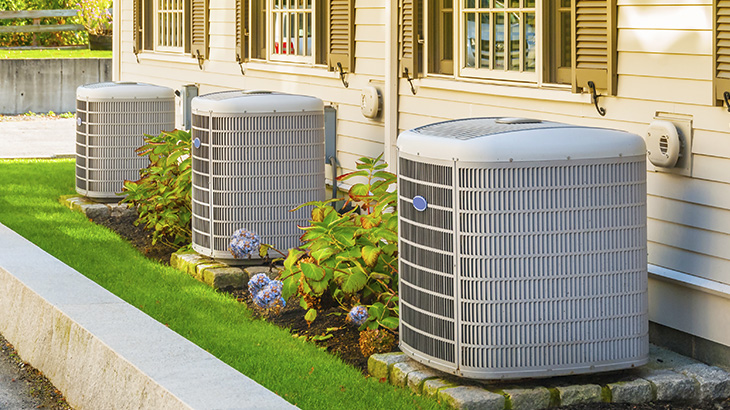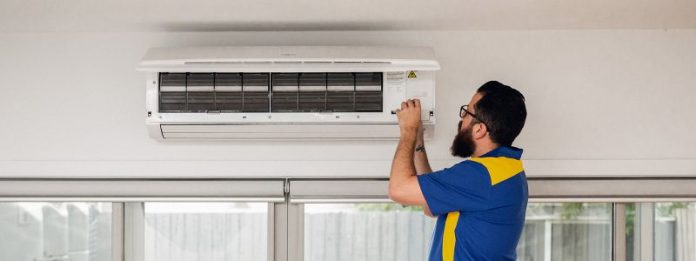When it comes to indoor air quality, the role of air conditioning cannot be overstated. Air conditioning systems help to create a comfortable and healthy indoor environment by controlling temperature, humidity, and air circulation. In this article, we will explore the importance of air conditioning in maintaining good indoor air quality, and how it can help to improve our health and well-being.
Contents
Controlling Temperature
One of the main functions of air conditioning is to regulate temperature. In the summer months, air conditioning systems cool the air to create a comfortable indoor environment, while in the winter months they can provide heat to keep us warm. By maintaining a consistent temperature, air conditioning can help to reduce the risk of heat stroke, dehydration, and other heat-related illnesses, as well as prevent hypothermia in colder months.

Controlling Humidity
Another important function of air conditioning is to control humidity levels. High humidity can lead to mold and mildew growth, which can cause respiratory problems and aggravate allergies. In addition, high humidity can make us feel uncomfortable and sticky, while low humidity can cause dry skin, nasal congestion, and other health issues. By regulating humidity levels, air conditioning can help to create a comfortable and healthy indoor environment.
Filtering Air
Air conditioning systems also play a vital role in filtering the air we breathe. They help to remove pollutants and allergens from the air, such as dust, pollen, and pet dander. This can be especially important for people with respiratory conditions such as asthma, as well as for those who suffer from allergies. By removing these particles from the air, air conditioning can help to improve our indoor air quality and reduce the risk of respiratory problems.
Improved Air Circulation
Good air circulation is essential for maintaining a healthy indoor environment. Air conditioning systems can help to improve air circulation by distributing air throughout a building, preventing stagnant air from accumulating in one area. This can help to prevent the spread of airborne illnesses, as well as remove unpleasant odors from the air. In addition, air conditioning can help to reduce humidity levels by circulating air, which can help to prevent mold and mildew growth.
Choosing the Right Air Conditioning System
When it comes to choosing the right air conditioning system for your home or business, there are several factors to consider. The size of the space, the climate in your region, and your budget are all important considerations. It is also important to choose a system that is energy efficient, as this can help to reduce your energy bills and protect the environment.
Regular Maintenance
Regular maintenance is essential for ensuring that your air conditioning system is working at its best. This includes changing air filters, cleaning the system, and checking for any signs of wear and tear. Regular maintenance can help to improve the performance of your system, as well as extend its lifespan.
Conclusion
Air conditioning plays a vital role in maintaining good indoor air quality. By controlling temperature, humidity, and air circulation, air conditioning can help to create a comfortable and healthy indoor environment. In addition, air conditioning can help to filter pollutants and allergens from the air, reducing the risk of respiratory problems. Choosing the right air conditioning system and maintaining it regularly can help to ensure that your system is working at its best and providing you with the best possible indoor air quality.




[…] home maintenance, few systems are as critical to comfort and wellbeing as Heating, Ventilation, and Air Conditioning (HVAC) systems. These systems work tirelessly behind the scenes to regulate temperature, maintain […]